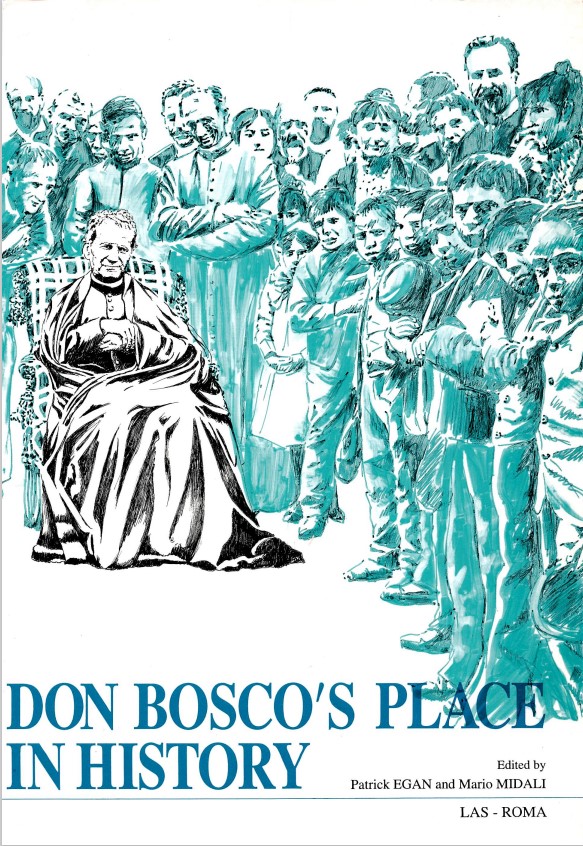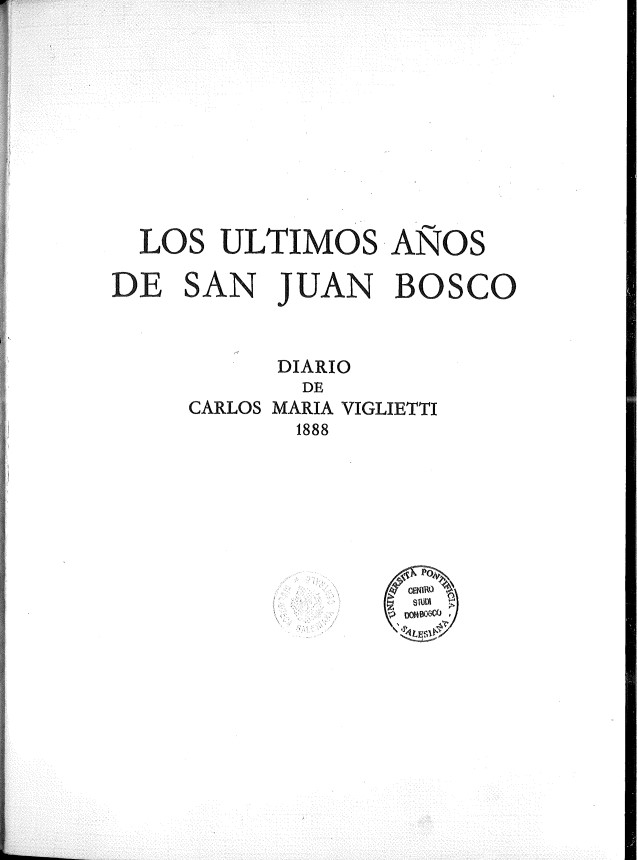È ben nota e studiata l’intuizione pedagogica di san Giovanni Bosco di riconoscere il valore educativo del teatro e di introdurlo nella vita quotidiana delle istituzioni educative da lui fondate; e l’attività del Santo in veste di adattatore-scrittore di opere teatrali e dei relativi allestimenti, in diverse occasioni, ha fornito un ottimo esempio per i salesiani educatori che seguirono le orme del fondatore nelle loro attività teatrali, sia come scrittori, sia come registi, o per usare l’espressione delle costituzioni di allora, come direttori del teatrino.









